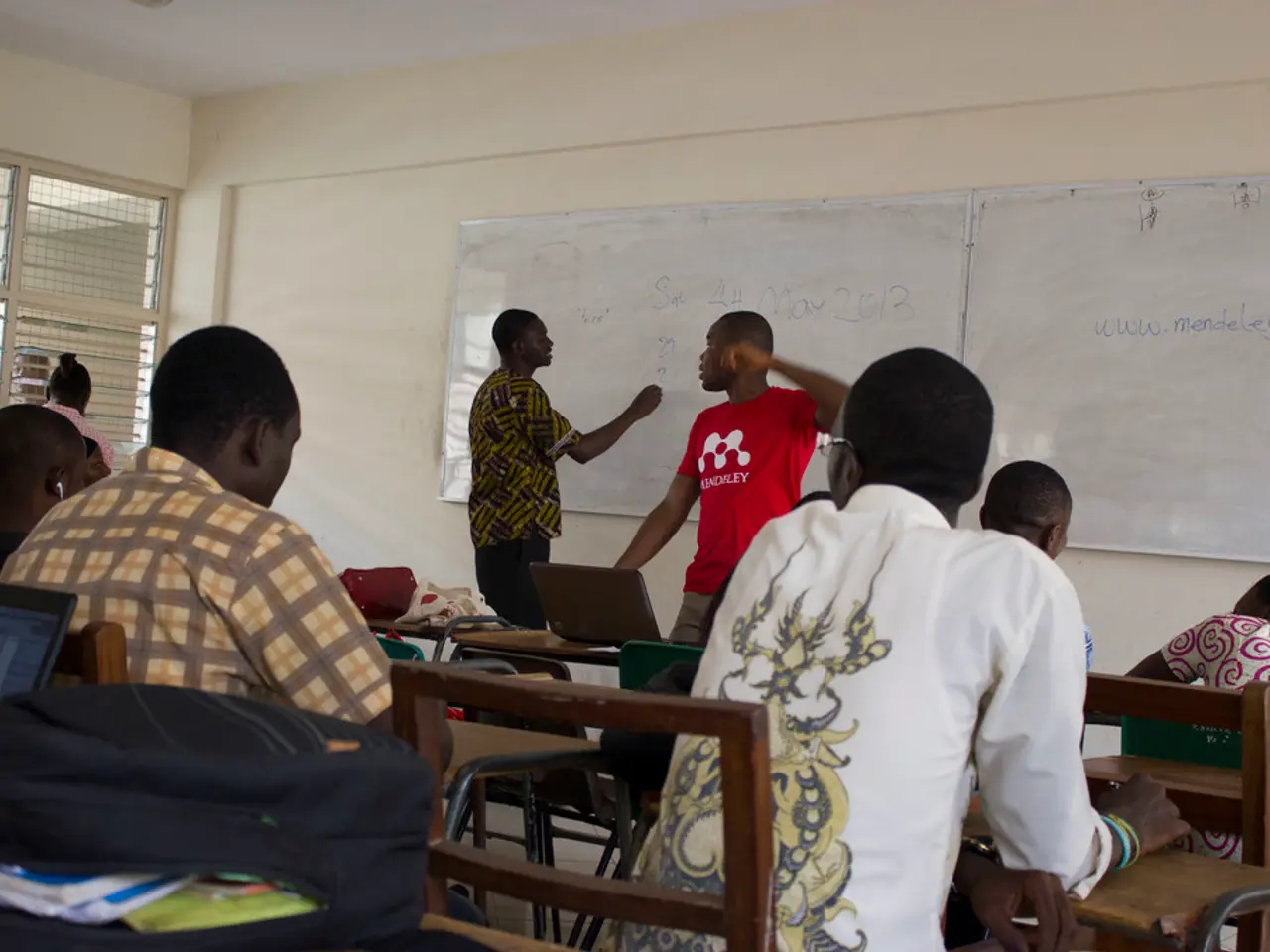Expensive Price Tag of Chaotic School Environment
In the educational landscape, a significant conversation has been unfolding around Positive Behavioral Interventions and Supports (PBIS), a widely adopted framework for managing student behavior. Originally designed for children with disabilities, PBIS expanded in the 2000s to become a comprehensive approach for all students.
The Obama administration's 2014 "Dear Colleague" letter highlighted racial disparities in school discipline, pressuring schools to adopt more equitable policies. PBIS, with its emphasis on rewarding positive behavior over punishment, seemed like a promising solution. However, as schools have implemented PBIS, concerns have arisen.
One of the key issues is the focus on high levels of misbehavior rather than the use of consequences like suspensions. Longtime educator Ben Foley resigned midyear due to classrooms descending into chaos, with students routinely ignoring basic instructions, roaming the room, throwing things, and roughhousing. Foley blamed the breakdown on lax discipline practices introduced under PBIS.
Research on PBIS's influence on outcomes like suspensions or office referrals often finds statistically significant reductions. However, these likely reflect the intervention's design, not actual improvements in student conduct. More transparency is necessary, including reporting not only suspensions and other disciplinary actions but also baseline rates of infractions and classroom disorder.
The use of consequence data, such as suspensions and expulsions, as a proxy for actual student behavior is a significant issue in PBIS research. Many RCTs don't examine specific strategies within a tier, and most focus on Tiers 2 and 3, while most schools implement only Tier 1. This variability and flexibility make it hard to generalize the findings of research studies.
State-level restrictions on exclusionary discipline, such as suspensions, and mandates to monitor racial disparities in their use can distort behavior reporting. Educators who have experienced PBIS in their schools often say it becomes a way for administrators to overlook misconduct and avoid confrontations with the parents of disruptive students.
The Department of Education's Center on PBIS emphasizes equity, particularly racial equity, in its program. However, the outdated 2004 Schoolwide Evaluation Tool (SET) is commonly used in PBIS research, while the most recent TFI manuals lack in many studies. This means that educators adopting PBIS based on the body of research are, in effect, adopting a very different program—one never rigorously tested.
As the teacher exodus, a trend of teachers quitting at record rates, continues to be a concern in the education world, deteriorating classroom conditions are a significant reason. Teachers cite chronic student misbehavior as the top source of stress and burnout.
In light of these concerns, states should explore alternatives to PBIS that take student accountability seriously. Discipline policies that escalate consequences as conduct worsens could provide a more effective solution. By focusing on high levels of misbehavior and promoting accountability, we can create a more productive and safe learning environment for all students.








